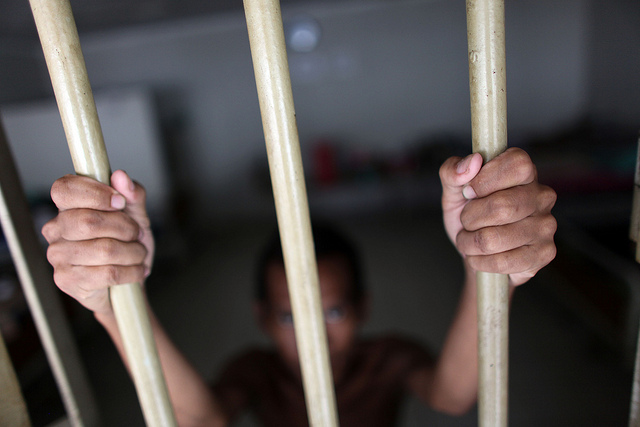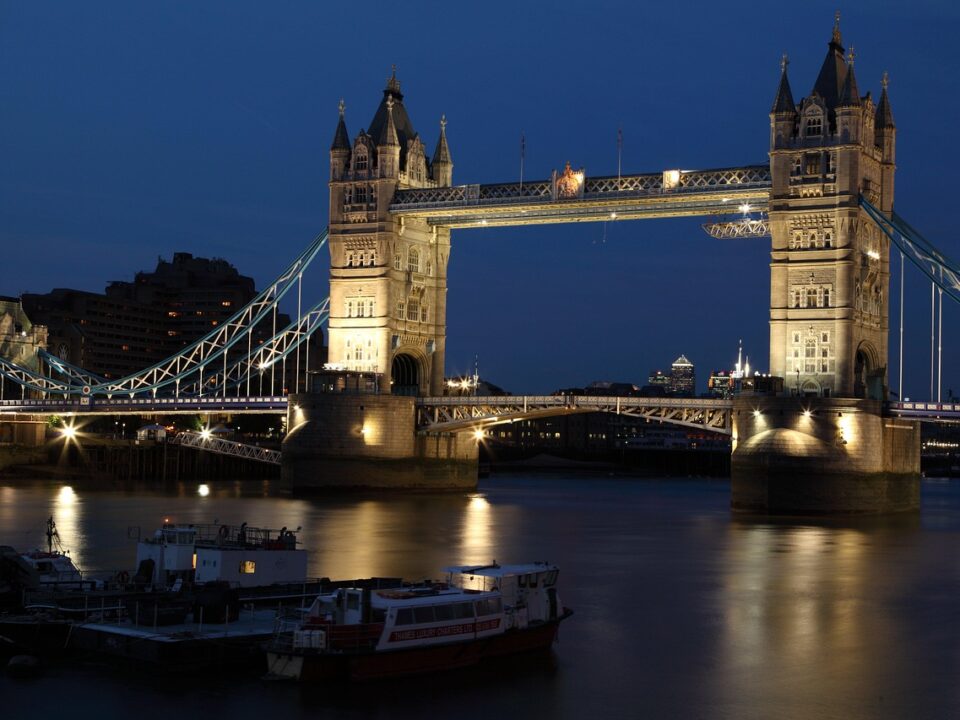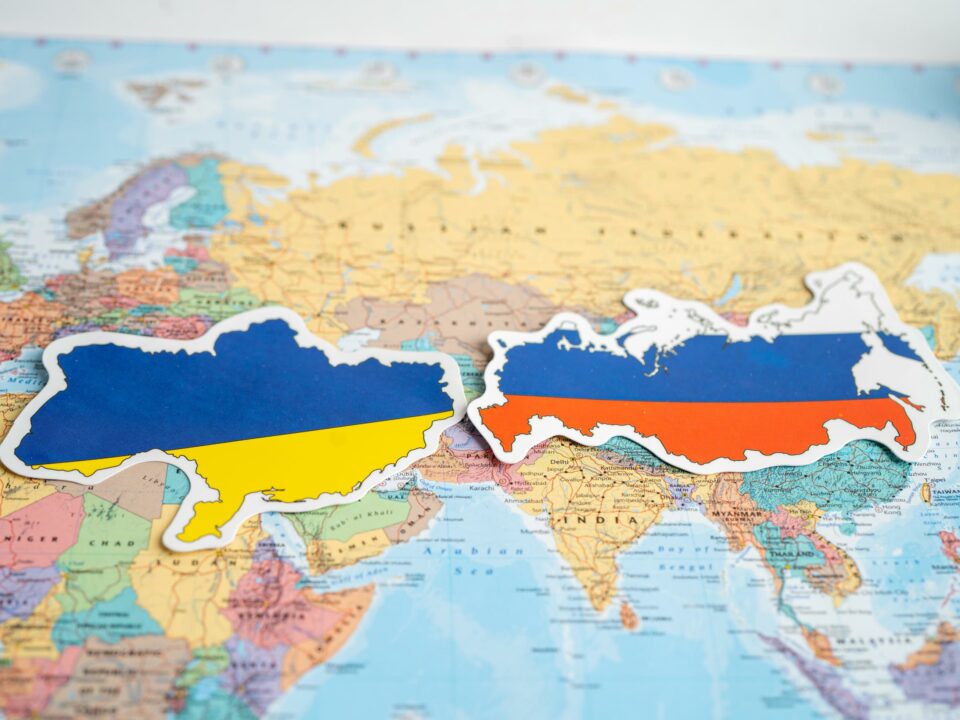
Secret Trials: A More Balanced View
December 19, 2014
How To Write An Awesome Cover Letter
January 7, 2015Given the more liberal society of today’s world, the topic of human rights is gaining much more attention than it was ever before and this article shall discuss a few factors which will affect human rights.
“…when everyone is calling for the protection of human rights, do they only mean to protect those who ‘deserved’ it?”
Level of education
The level of education plays an important role in affecting human rights. This is because if the level of education in a country is low then most people may not even know that their rights are being stripped away. Generally, the level of education in a developing country is low. This further suggests that the level of political awareness may also be low. Under such circumstances, people are much more prone to being politically exploited.
An example of such exploitation would be Malaysia. In Malaysia, there were proposals to give Shariah Law (a type of Islamic law in terms of criminal law matters) a bigger presence in the secular legal system and some politicians did insist that these proposals will never affect the non-Muslims. An example of a potential conflict would be that under a situation where a non-Muslim robs a Muslim, the issue of which law (the Shariah or the non-Shariah criminal law) should be applied will then arise – the proposals seemed to be creating a dual criminal justice system in Malaysia. The saddening part is that given the average level of education of Malaysians, not many would have known that these proposals will in fact affect their rights.
Following the above, let’s now discuss a little about the right to education in Pakistan, where the well known Malala Yousafzai was being attacked there whilst fighting for the right of girls to receive an education. Whilst many western countries would have recognized that education is part of human rights either directly or indirectly, this is not the case particularly under a country with an Islamic background. This is because these countries still firmly believe that education is just for men given their interpretation towards their religion. Hence, again human rights is being compromised here.
But the point that I wish to emphasise is that it is difficult for the minority (the believers of the right for education of girls among the Pakistani) to win over the majority (those Pakistani who believe that education is just for men.) And when the social and political pressure of the majority is greater, it is hard for the government to recognized that girls have their right to receive an education even if they would like to do so. Remember that a law is not a law if no one abides by it, a law only becomes a law if people agree.
Laws which limit rights
Days ago, Thailand was in a state of confusion given Thanpuying Srirasmi’s (no longer a princess now) relatives were found to be involved in a corruption scandal and subsequently followed by the resignation of Srirasmi as a princess. Given the strict lese majeste laws in Thailand which are used to control any critical comment about the monarchy; hence local and international media are required to heavily self-censored in any reports about the royal family. In this sense, the right to freedom of expression has been compromised. Note that this does not suggest that the existence of lese majeste laws is in itself unjustifiable since the monarchy still play an important role in politics.
The above happenings were merely used as an example to illustrate instances where human rights can be compromised in the interest of political stability. In Malaysia as well, there is the Sedition Act which has led to a series of crackdowns on political dissent and recently even reporters were being charged under the Act. It can be said that the function of mass media as a watchdog over the government’s actions has been lost here. There are also very strict laws governing the right to protest in Malaysia, hence, people could not voice out their dissatisfaction freely. If this right was being denied then people could not even fight for their rights when their rights were being infringed.
National security
It is undeniable that human rights would be compromised during a period when national security is at stake. The case is the same even for the United Kingdom which is pretty well known for its promotion of human rights. Under the Anti-terrorism, Crime and Security Act 2001, the Secretary of State was once given the power to detain a suspect for potentially an unlimited period of time without trial, thus human rights were being comprised. The point that I wish to emphasise is that absolute human rights are non-existent. Besides, suspects of terrorism may also be subjected to torture such as ‘waterboarding’. ‘Waterboarding’ is a form of extreme torture technique which will cause an individual to experience the sensation of drowning. The rather ironic question that I would like to pose is that when everyone is calling for the protection of human rights, do they only mean to protect those who ‘deserved’ it?
Economic factors
One may then wonder as to how economic factor would affect human rights. In this fast-moving society, everyone is minding their own business. This has contributed to the phenomenon that the fight for human rights, for instance, a protest, won’t usually last long. People will soon realize that they still need to earn a living thus they will resume back to work as usual. This is particularly true in developing countries as the economic well-being may not be as good as those of the developed countries and if people are striving to make a living then they could not be bothered to fight for human rights. Hence, it may be right to say that economic factors is playing a substantial part in affecting human rights.
Another example would be education. If the parents of the children are not doing well economically, or a state does not have enough fund to give free education thus resulting in children being denied their access to education, then it can be said that human rights have been denied here for those who viewed education as a human right.
There is also the issue about prostitution. There are many countries that have legalized prostitution and they include Hong Kong, Singapore, Finland, Germany and even the UK itself. This may seem to be boosting the countries’ economies at the expense of the most vulnerable group in society. Economic interests seemed to have overridden human rights in this sense.





